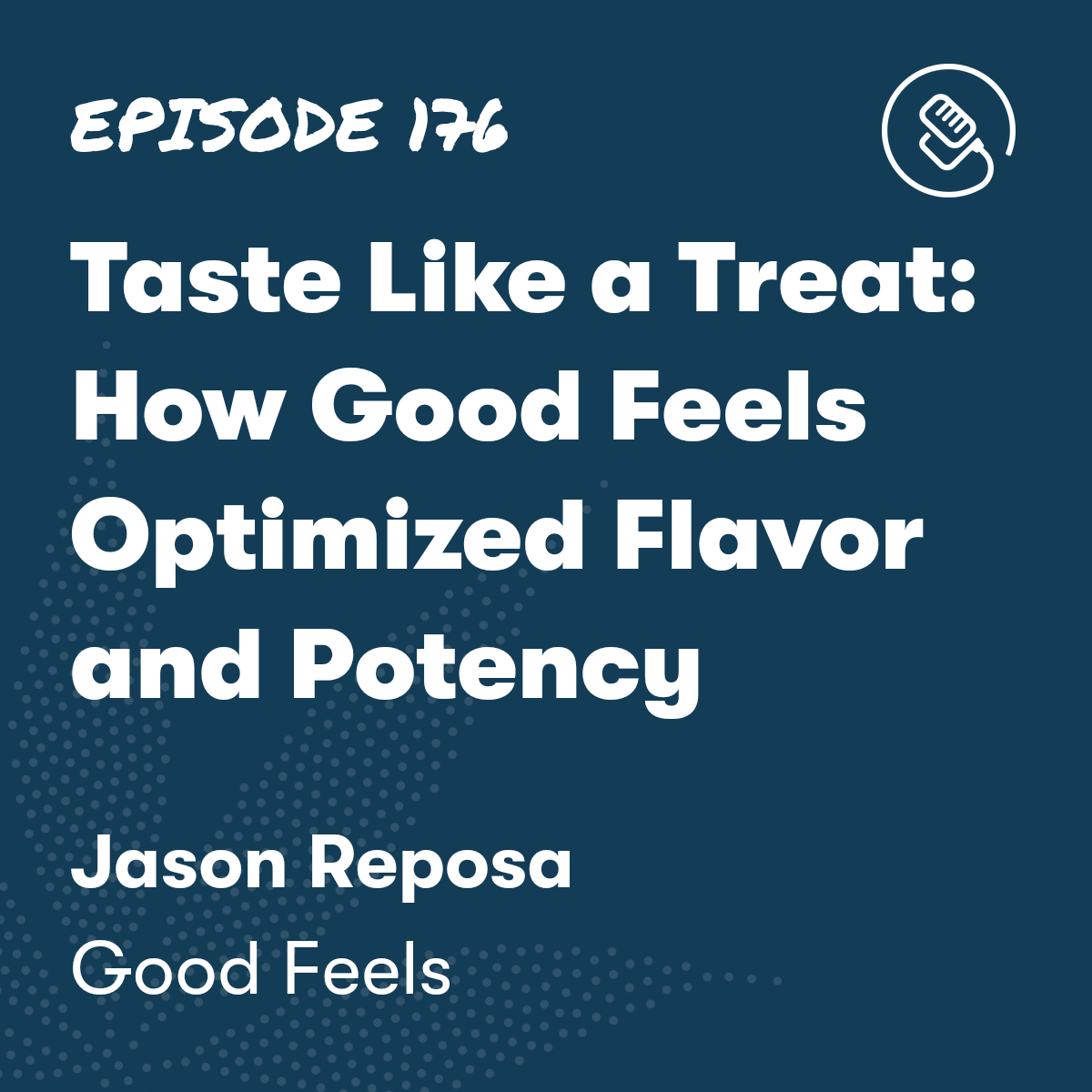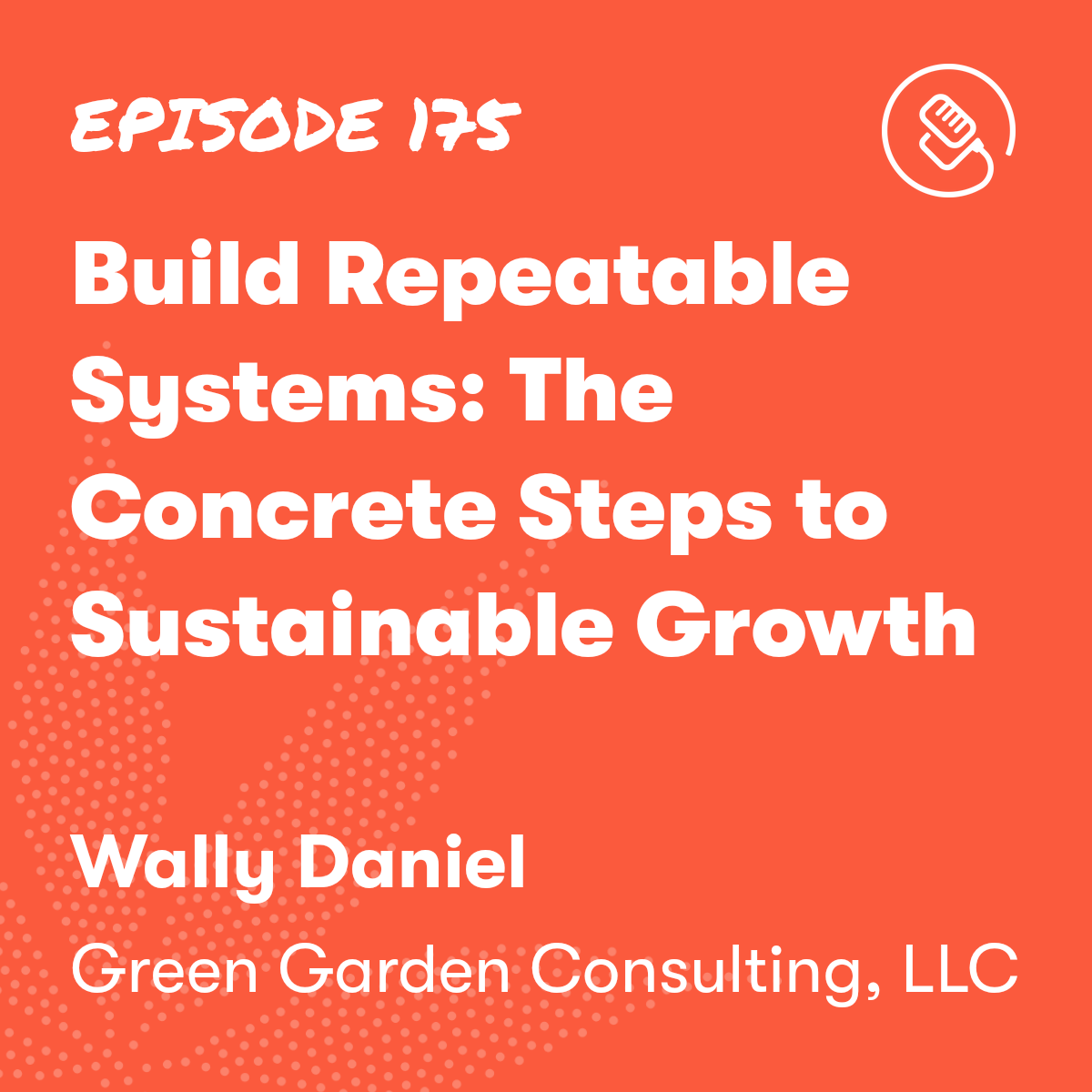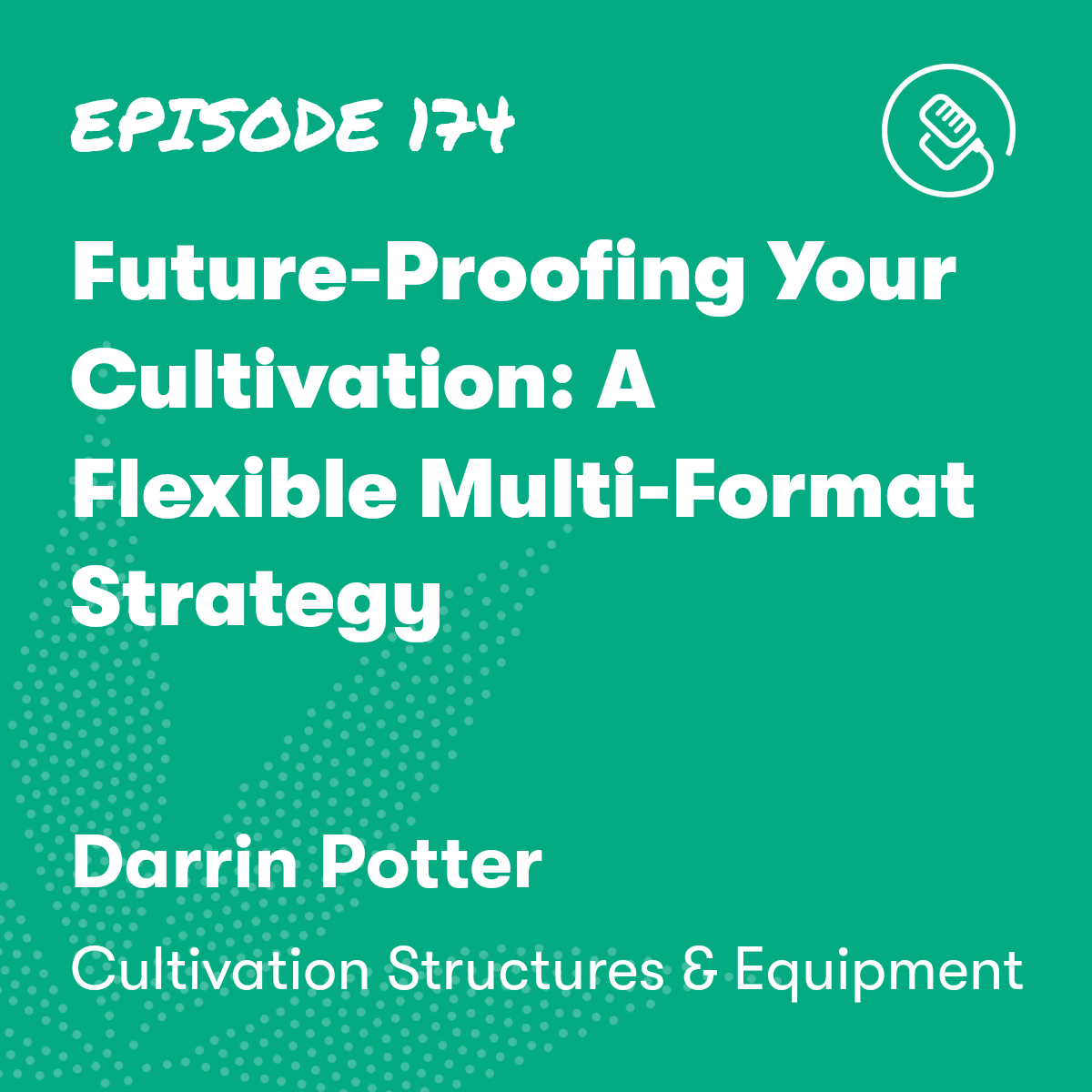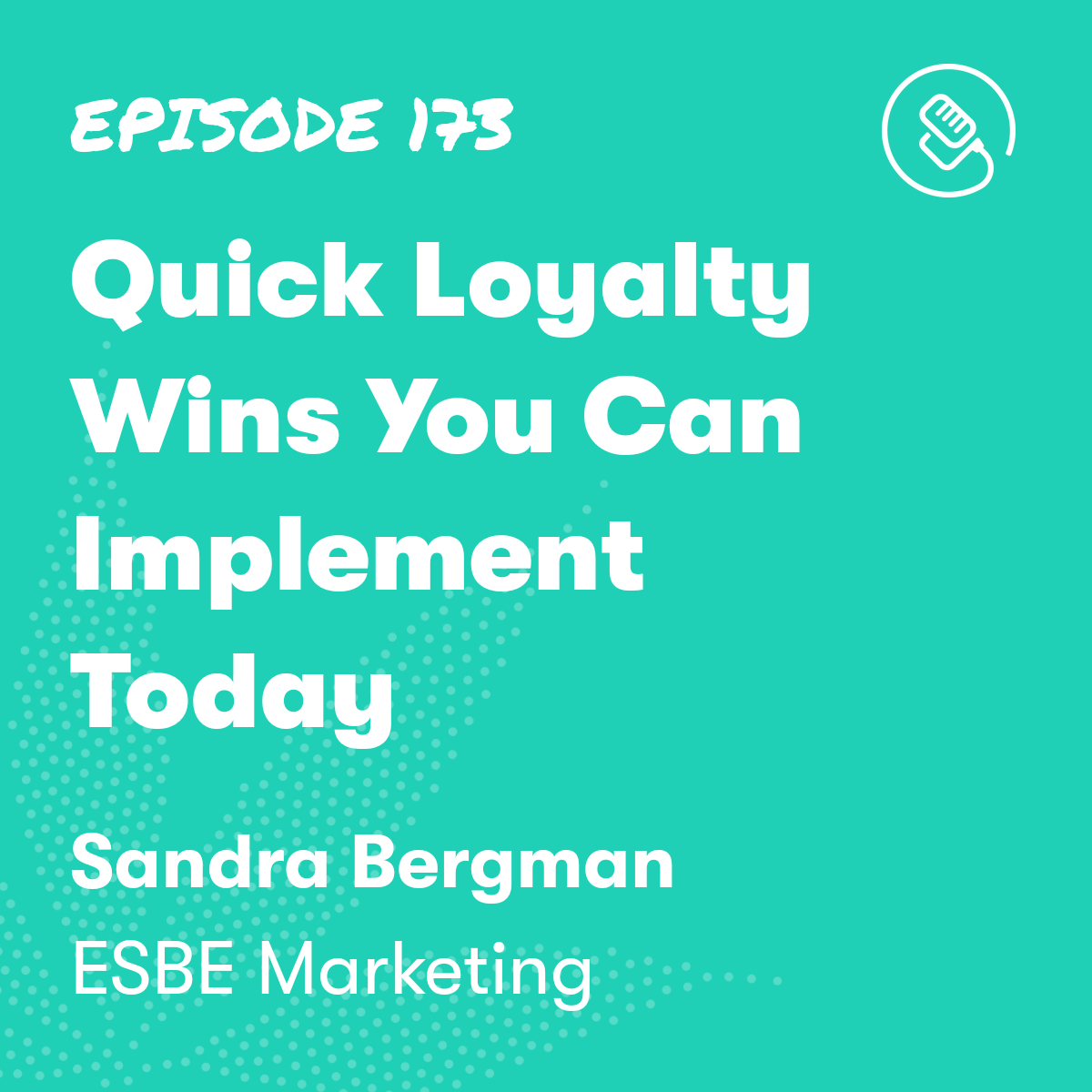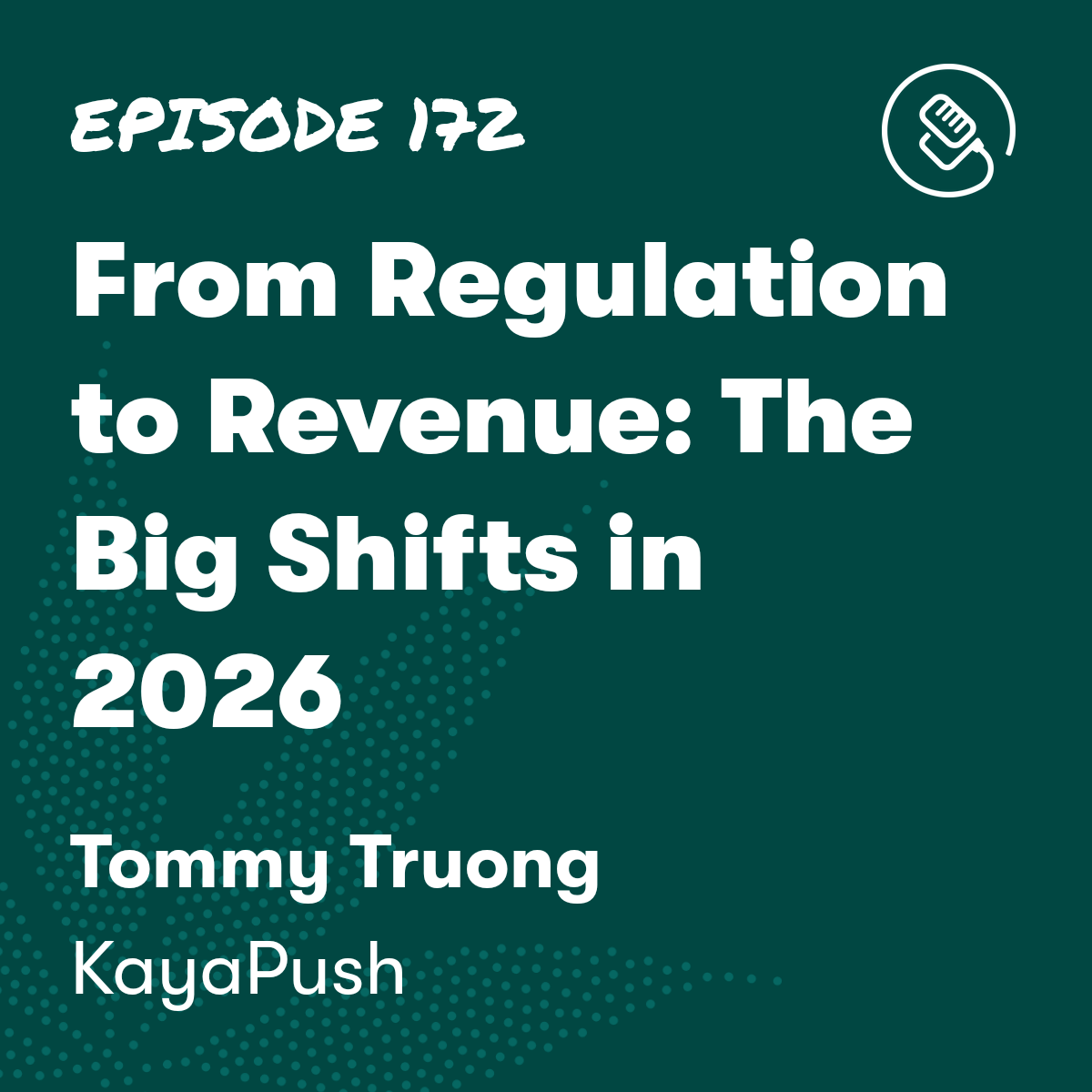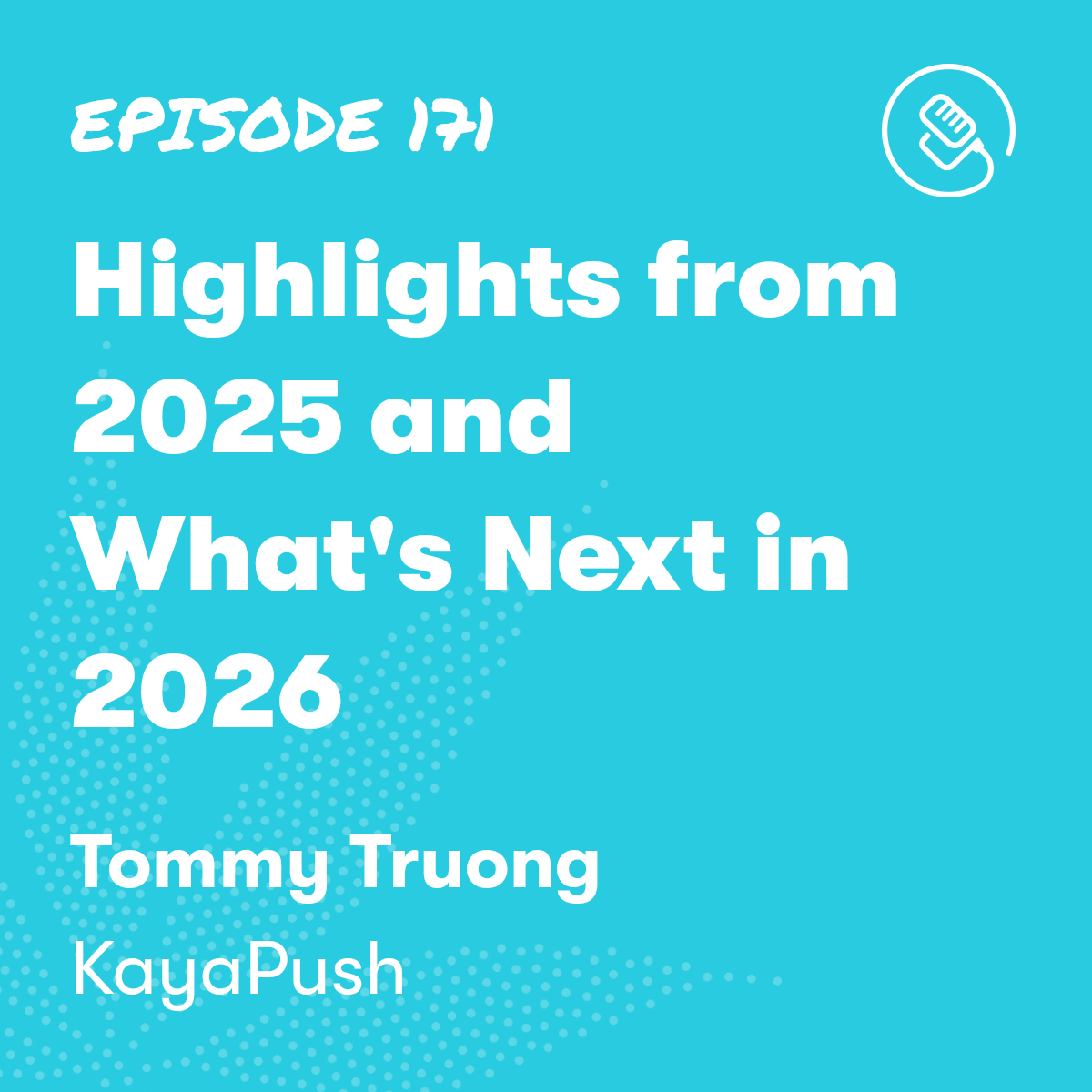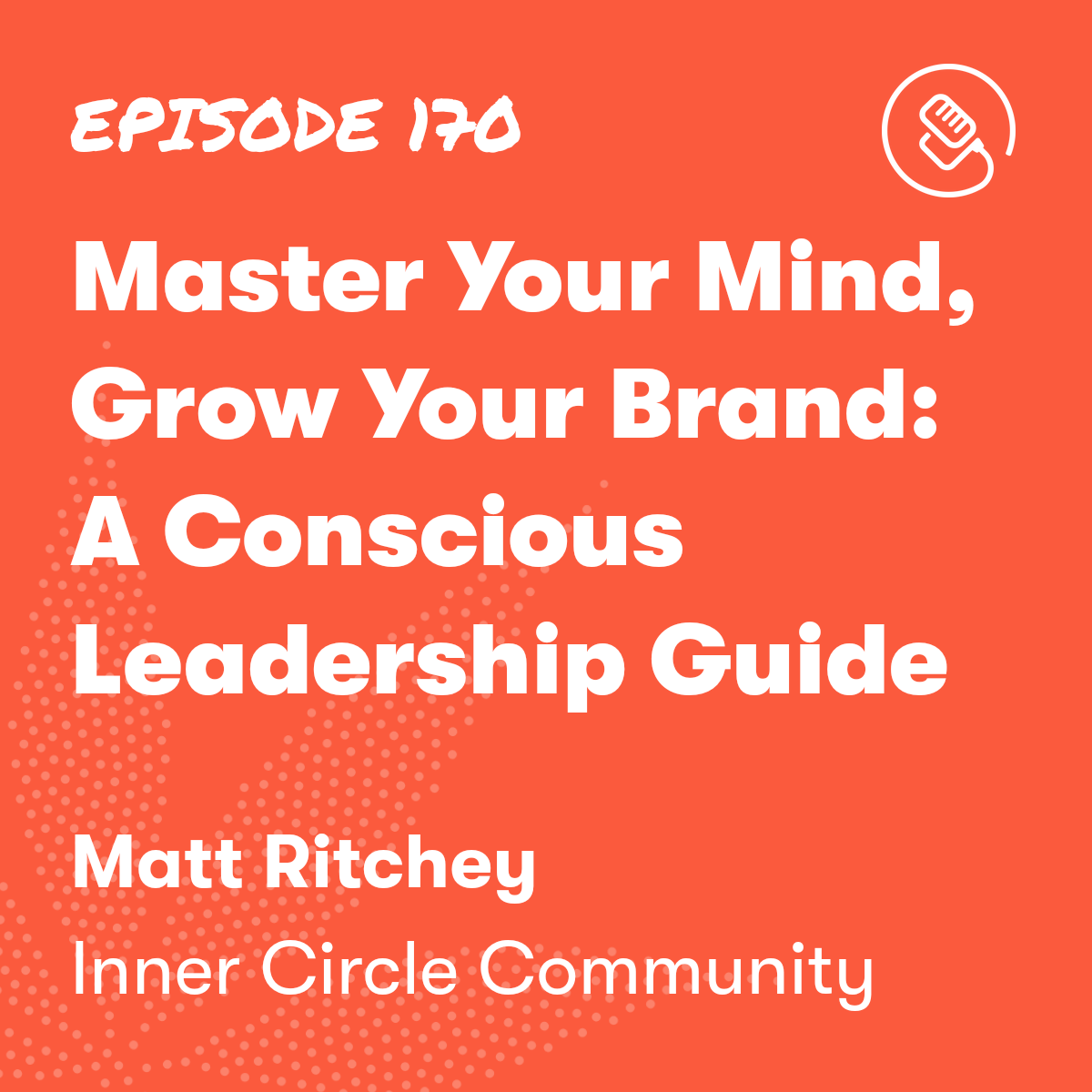

Winning Strategies for Licensing Applications and Dispensary Growth
Episode Description

Episode Transcript
Tom Mulhern: Welcome back to the Kaya Cast podcast. Today I have a conversation with Meilad Rafiei, and Meilad is the CEO of Cannabis Real Estate Consultants and WeCann out of . California. He is working through WeCann and CREC to really help people in not just California, but across the nation.
WeCann is able to help applicants find the right location for their dispensary. And in our conversation he walks me through the whole process of applying for a cannabis license. He talks about things you need to think through and, and.
The most important thing that you need to have in place is your funding. And he goes over that over and over again because that is so important. Having enough funding in place to survive, whether it takes a little while for your dispensary to grow or if taxes change or there's so many other things that can come and can really hurt an, a brand new dispensary.
And so having that in place from the very beginning is so key. So let's jump right into the show with my interview with Meilad Rafiei from Wecann.
Tom Mulhern: Meilad is the CEO of Cannabis Real Estate Consultants, CREC and WeCann. He was born in Iran and immigrated to California as a refugee. Later graduating with a business finance degree from California State University. Meilad started his career in commercial real estate and went on to co-found Quest Preservation Construction Company that grew to a national level.
He later got involved in the medical marijuana industry as a president of a partnership group that managed a dispensary. He then went on to co-found WeCann, which provides support for cannabis business licensing and compliance management. Meilad has submitted around 150 cannabis business license applications and brokered over $150 million.
In commercial real estate and is leading CREC and WeCann in a nationwide expansion. So Meilad, welcome to the Kaya Cast podcast. It's so great to have you on the show today.
Meilad Rafiei: It's a pleasure to be here. Thank you.
Tom Mulhern: So tell me a bit about your background and how did you get involved in the cannabis industry?
Meilad Rafiei: So, you know, my background , professionally dates back if I date myself to 2006 ish, no, 2004 is really when I graduated college and I got into more residential real estate work in doing loans, and then quickly jumped into commercial real estate brokerage in 2006. And probably the worst timing ever.
I remember making cold calls and a month after I started Washington Mutual went out of business. It was a pretty interesting time to get into a full commission gig of trying to sell investments. But I learned. And actually had a good amount of success, believe it or not, during that time.
But within a few years I had an opportunity to start a construction company at Quest preservation. And I did that with three of my best friends. And like you said, that grew really quickly for us, caught fire. And we were doing work in 17 states within a matter of three years. And at that we had about 2000 contractors out in the field on any given day.
We were processing about. Maybe a few hundred thousand work orders for our clients throughout the month. So learned a lot about managing business systems there. And you know, just operational workflow when you're dealing with so many people in logistics. And then around 2014 when that business was doing a great job of running itself, I started looking into other spaces and I was looking into the cannabis space right around that time.
Santa Ana decided to come out with an ordinance for a lottery ball process, which was great because back then if they would ask for am merit-based process, I wouldn't have qualified. But I was able to, you know, use my real estate background. Run around and find as many properties that qualified within the ordinance guidelines.
And was able to secure a property that was really safe from being knocked out by any of the buffer zones, especially whenever another lottery ball would get picked. They'd do a thousand foot buffer around that one and knock out all the other applicants that were still waiting to get picked. So our property was really safe from that because I had a freeway in front of it.
And all the surrounding buildings were really huge industrial manufacturing companies that were gonna have cannabis operators there. So we made it to the 19th outta 20 lottery balls and got picked. So a little bit of luck. And from there I really just dove head on into embracing all the work that needed to be done, learning the entitlement process firsthand.
I built out the facility with my construction crews and then I ran the store. And pretty much worked every position I could to try to figure out how the business is run properly so we could expand in the future. And part of that was being the, the main buyer. So buying all the products flower manufacturing products and meeting all those vendors, which resulted in, you know, when I eventually sold the store.
Those people returning to us for referral business to help them get licensed and help them find real estate were saying, Hey, help me do what you did. And so that's kind of where WeCann started around 2017.
Tom Mulhern: From the beginning, I mean, when you were opening, you kind of had to do it all right? Like you were probably working nonstop to get this up and running because it was all brand new. You didn't have anyone probably advising you. You're kind of making up the rules as you went along.
Meilad Rafiei: Yeah. And in some cases I was, because even when I would turn to advice from somebody, they didn't have experience doing it in the legal format . There really wasn't much I could get. There was maybe there was one other city that, in terms of locally that had some licensing and that was Long Beach, but that was only for a couple years and then they took all those licenses away.
So fortunately I had a little bit of guidance from a couple of those operators that we knew. It was, you know, a learn as you go type scenario. And that's kind of cannabis for you still because for the regulators it's a learn as you go scenario too. They make the rules and everybody kind of jumps through those hoops per se to make sure they're, they're staying within the lines.
Tom Mulhern: So that kind of ins inspired you, I guess to start. WeCann. So tell me a bit about WeCann and what kind of sets it apart from other companies that are doing similar things in the, in the industry or maybe there's no one that's doing quite what you guys are doing.
Meilad Rafiei: I would say we are very unique in terms of how many solutions we provide in-house with our own staff and founders. I was inspired honestly cuz I was talking to so many of these vendors and I heard a lot of horror stories about. Consultants in the space, just charging a whole bunch of money and not performing.
And just going through it myself in terms of finding real estate, it was clear there was a real big need for professionals to spend full-time effort in trying to find these properties for clients. And that's hard to do. It's hard to convince a real estate agent to get into it. Risky space in terms of trying to make a commission.
After we sold the business, I really wasn't planning on doing consulting, but I didn't realize how much I learned in that process cause I was so hands on and when I was answering questions left and right for colleagues and again re remembering the horror stories I heard. Decided, Hey, let's give us a shot let's charge a, a moderate rate.
It's reasonable for the work that we're doing, and let's make sure we have an effective workflow to make sure it's just not like, just an extremely risky investment for our clients. They're still risky, but if you can go in informed, prepared and do the work that needs to be done, to put your best foot forward, you're mitigating some of that risk, at least when you're going through these licensing processes.
We took on one client had one success after another and took a little bit of time to get the real estate piece going because we had to convince people that we were credible and as we completed more licensing applications and we learned more than the average bear, we, you know, when we're talking to these landlords and they heard about our track record, they've heard about what we have done, we can show them tangible proof of the regulatory compliance work we've done throughout the state.
They're more willing to work with us. And that started to snowball after like the first years.
Tom Mulhern: Well, and you're navigating some crazy regulations cuz California, like every jurisdiction is, is pretty different. So kind of kind of walk me through also, what is your outlook for California? It's one of those early states that came online, but how are things looking out there out on the West coast?
Meilad Rafiei: Yeah, I know there's been a lot of bad news out there, I feel like, for the past year or so. And to be honest, it is pretty rough right now. As somebody who gets a lot of leads coming in for people that are distressed in terms of their businesses, or maybe not fully distressed, but you know, headed down the wrong path, definitely headed down
plan B or C. in most cases cause Plan A is just didn't pan out the way they wanted. And that had a lot to do with really a lot to do with their high expectations of, of revenue and maybe just not properly thinking out all the expenses.
There's a landscape right now where I would say the majority of the operators are i n a very tight cash flow type situation. And it is because of overregulation, which seems to be getting some relief. You know, we've seen some relief in the past year when it comes to the taxes for cultivators, for instance, statewide dropping down to nothing. And then in, in a lot of local municipalities, you had like a 4% tax of revenue drop to 1% for cultivators and non retailers.
And hopefully that becomes a trend for all the other municipalities who haven't done that. So that should be helpful. But yeah, It's a tough landscape right now. With that said, I think also a lot of the cream is rising to the top and from all angles, from service providers to operators.
And if you have a good foundation for a workflow in terms of efficiency We have still a lot of cultivation operators that yeah, they've, their price per pound has dropped in half. But they're still profitable and you know, so they're that. If you have that in place, I think you're seeing those companies still be successful, but they have to work a lot harder for it right now.
That's for sure. Asset values are still strong. They have taken a little bit of a hit, but that's really been the play here from an investor standpoint from an entrepreneur standpoint so far which makes sense cause it's a highly regulated market and it's still early that there's not gonna be too much cash flow.
But the asset value is tremendous cuz the future is still super bright.
Tom Mulhern: What are some ways, and even maybe from your days of running a dispensary that, that you can stand out in a market like California.
Meilad Rafiei: I think there's a few things they can do to stand out from my standpoint and, and I felt it firsthand is marketing budget.
I think you can't shy away from having a strong marketing budget. You don't necessarily have to be a big brand name to garner the attention you need in a specific market. But if there's gonna be a big brand name out there, they're gonna have a big marketing budget and you need to too. And of course not just blow it on on anything.
I hate to say it, but it's primarily Weedmaps that they need to be, you know, focused on in terms of competing for the local and then doing other things that are outside the box. But that's a big part of it, but it's not everything, you know, it's at that, I think after that trying to be competitive on your price points right now, especially with where the economy's headed.
That that's, that's what I've seen a lot of our clients who are, who have consistently generated good revenues and consistently had good net profits is they've put out a brand of, Hey, we have great product in our store, but we're competitive with our pricing on all levels. And that, that brings the customers back, you know, cause of course with good customer service, you can't have bad customer service, but really
You know, if you have competitive pricing and you're doing the proper marketing, I tend to see those being two huge success points for a lot of the existing operators.
Tom Mulhern: Now I wanna look at a little bit about what WeCann does, and I know you guys are really involved in the application process, so kind of talk me through how you guys help new operators with that pre, pre-licensed process. And then, you know, after that we can go into i'd, I'd love to even hear what are those steps that are involved in that pre-license and application process.
Applying for a passport is confusing and I've, I've messed that up multiple times. So I can imagine applying for a cannabis license must be so much more difficult. Walk me through how you guys help with that pre-licensed process for new operators.
Meilad Rafiei: And so it really depends on what stage the client is at in their journey really of getting an operational facility going. We can start super early where they really don't have much experience and they still need guidance to finalize what strategy is best for them, help them develop a business plan and actually write it for them.
And then part of that business plan, especially if they need funding, is the financial analysis and really dialing in what the expenses are gonna be, what the income projections outlook is, and us having worked with so many operators and every licensing application we submit, we're doing financials that we're submitting for them.
So we have a really good understanding of how they're running is important for them because funding is the biggest pitfall for this industry and entrepreneurs who had big dreams and, and ultimately wound up with a big heartache.
In Miami recently, they upped the annual renewal from a couple hundred thousand to our million bucks. You know, so any company, any size is gonna be affected by a surprise increase in cost. And that's just one example.
So it's good to be as prepared as you can to ma minimize the amount of surprises that may happen just because a city or a county realizes, hey, now we're gonna charge these fees for this process. and you know, so we help a lot with that piece of it. If they're at that stage. We do get a lot more clients coming to us who are past that stage, may even even have an established business already and are looking to expand to the second, third, or fourth location or maybe the 10th location even.
They come to us and say, we need help sourcing the right municipalities to go after for the type of licensing that we want and our strategy and long term plan. And so we are able to show them, hey, if you're looking in California per se, or maybe Southern California, or maybe even another state like New York we will show you all the options that exist for.
What type of licensing you want to do now and what's on the horizon in the next six to 12 months. And we're able to do that because we have staff that's full-time tracking all the regulations. We have software that's constantly scraping the internet. And then we have staff that further really dumbs down all that information and allows me to summarize it in a way to understand what strategies the company we should be taking and where we should be focusing.
And so we're able to then use that to give reports to our clients in terms of what direction they should go, and we give them in depth information about the regulatory layout in terms of maybe what the process looks like to, to go through in each one of those municipalities. They're all gonna be a little bit different.
Tom Mulhern: What's really important is how much taxes they charge. For instance, we were just looking at a proforma for a client who's operating out in the city of Blythe, and they charged them what was it, $3 per square foot which for an annual tax, so they were paying $30,000 annually to cultivate their 10,000 square foot facility, where other cities will charge you not even a a per square foot amount, but a percentage of your gross receipts, and they'll charge you that every single month.the trade off is you have to live in Blythe, which , I don't know if it's worth it.
Meilad Rafiei: No, that is, that is, you know, we're not advising everybody go out to any city just cuz of the tax rates, but something to consider, right? And so that's, that's what we want to do is give you all the information and for your team, it may make a lot more sense to do that. We help them strategize in terms of where they want to be.
And then once they've narrowed that down we then go and find properties for them in those municipalities specifically, and we continue to keep them up to date on the landscape in terms of what new municipalities are coming online in case they say, Hey, we also want you to look for properties there. We're really good at looking for properties because we've combined some in-house technology and just some tried and true best practices in commercial real estate farming to
use our technology to database every single landlord and all their contact information for those properties.
Meilad Rafiei: So then we can have our real estate team who is dedicated only working on our, our clients' needs, which is either finding them these properties or selling their businesses. They contact these landlords and they start flipping over every single rock that exists to see what options are out there.
You're rarely gonna find a public listing that's being marketed that qualifies in a city that you know you're gonna. Nine outta 10 times. It's gonna be a off market property where you need to have a conversation with the landlord, educate them about the opportunity to, you know, reap the benefits of where their property exists now, because of the lottery process or whatever ordinance is in place.
and try to get a deal done for our clients and we're really good at that. We've done it a lot and we've done it in many different municipalities, so we've dealt with all different types of landlords and political makeup. At that point, once we secured their property, then that's when we start our licensing work and that's when we start putting all their licensing application materials together, which is a big part of what we do.
And that entails a lot which we can get into as well too.
Tom Mulhern: Well, so all of that work, all of that pre-work. All before they even get, start the application for the license. That's like they gotta do all of that before they can even get to that point of starting to fill that out.
Meilad Rafiei: Yeah. And, you know, and we can jump in anywhere in that process, right? So I, we also have a lot of clients who just come to me and say, Hey, I already have a property and in this city that's opening up, can you just handle the application process? And we do that all day as well too. Cuz the application work in itself is extremely, extremely intensive.
Probably, probably the hardest piece in the puzzle outside of locating the real estate.
How can businesses kind of research which markets to get into? Like, obviously talking to you guys and finding out even some of those insights about, like we've said, Blythe, California, where you can go in and it's an inexpensive tax, but how important is it to be first and then how can businesses be the first in a, in a certain market.
Meilad Rafiei: Being first is really important, you know, in terms of retail. A big part of that is because the process is so difficult, so a lot of your competitors will take a long time to get open compared to a regular business. And so if you can come down with a process to get your store open in, in, in a quick time, then you should be reaping the benefits of being one of the only operators in that market, if you can take advantage of, of something like that, you should.
How do you do that? I'm gonna sound super biased, but yes. Hiring trusted third party consultants that, that have this information and are spending their full-time on, focused on this industry. In terms of how much regulatory information is out there and how much of it's changing all the time within our industry.
And it's such a huge learning curve from one project to another. You need someone that's giving their full effort. And otherwise you're gonna miss stuff. It's gonna hurt you financially potentially even get you a declined application because you let, you know you weren't looking hard enough in terms of the information you needed or the, the, the work product you were putting together.
Tom Mulhern: How many individuals usually just go out on their own and they say, ah, I don't need that. Yeah, you guys have a win rate of 87%, but I think, I think I can do this. Like are there a lot of people doing that or are they. Coming to you after they've already been denied one once, twice, and saying, I need your help.
Meilad Rafiei: Yeah, we've had a good amount of that too, where individuals, gave it a good effort and came up short at the end of the day and sometimes came up really short and were surprised. Even if you've gotten to a point where you can submit a cannabis application, most times that means you've accomplished a lot to be in that position in other industries, or previously in whatever you were doing.
And you're probably good at that. And so you think, Hey, I can do this as well too. It's an application process. It's finding real estate. People do these type of things, why not? But it's much more complicated than that, than your typical industry because of the magnifying glass that's on it. And there's just a lot of human factors that play into it.
You know, you have the individuals at the city who are reviewing cannabis applications for the first time in their careers, right? And even if it's in a city where it exists for a couple years, how many applications could they have possibly reviewed compared to a regular plumbing company or any other retail business that's applying for business licenses out there?
And so there's less precedence and so that just. , the human nature is to sharpen your pencil. If you're inspecting something like this, whether you're sitting behind a planning desk, you're sitting behind building and safety, you're reviewing construction plans, you're coming on site to be the inspector at all these different levels people are looking to find mistakes with what you're doing.
So that's, that makes it a little bit more difficult as well too.
Tom Mulhern: Anytime there's any sort of innovation, whether it's in tech or business, like the scrutiny is always there. Like you think about self-driving cars. If self-driving car gets in an accident, it's like, oh, the, the robots are out to get us. It's the fault. But I mean, you know, if, if an individual gets in a car accident, it's like, well, what's a car accident?
So, There's probably that same scrutiny as a new cannabis business opens up because it's brand new, like you're saying. And so they wanna make sure every single T is crossed and I is dotted because they, if they mess up from the beginning, then you know, if they, it can get outta control quick. I'm sure.
Meilad Rafiei: And it moves quickly too. So you know, again, how do you do that? Well, how do you get open quickly? It's one thing to hire the group, but it's also, you gotta have someone on your team at the point of contact who can move quickly. Because the nature of the, the industry is everything's on a tight deadline.
We track cities for a year, two years in terms of them talking about regulations, about talking about approving stuff, and maybe denying it a few times, and then finally getting it back on the docket. Approving something within a matter of weeks of that city council meeting, rolling out an application process and saying, Hey, the deadline's in 30 days.
And in recent history of just a few months ago, Hawthorne did that. During the holidays, they said, Hey, we're gonna start an application process. And they've been talking about it for close to two years. You know, December 19th and it's due January 19th. And there was three holidays and there was no extensions. And if you submit it one minute late, you were, you didn't, they declined your application. So one second late. So, you know, that's, having someone that can move fast on both ends and move forward to make decisions is really important.
Tom Mulhern: So if I were to give you, you know, X number of millions of dollars and you were gonna open a new dispensary you've had the experience of opening one before, what are some of the most important things you. You would consider before, you know, launching, now that you've been through the process, you're now a consultant.
You come across this money, how are you doing this, Meilad? What, what? What are we doing?
Meilad Rafiei: Like many, many other businesses, location, location, location is huge. Especially if you're looking at retail, right? And for cannabis, again, Echoing what I've said before, it's, it's that much more important because of the heavy regulation and how much that can change from one market to another and how that could heavily impact your finances.
Especially if you want to grow your business, right? If you know the plan should be that you have reserves that you can put into the expansion. Strategically planning out your location is, is very important. And then once you get there put your head down and, and get open.
It's painful to watch some of these projects that, you know, even from our standpoint, we've done everything we can do and. The client has maybe just got so many things going on that they can't give the project the attention it needs, and it's burning a hole in their pocket.
And one day they'll be open. But when they look back, the, the, the mountain of debt they're recovering from to open the store is, is tremendous. So put your head down and, and, and get that shop open. Overcome the hurdles that are gonna get in your way. And, you know, it's easier said than done if you also don't have the right funding.
So part of that initial strategy of finding what location you want to be in is really dialing down your finances and making sure you have what you need. If the strategy is to raise a round of capital and then raise another round of capital. That's great. Just really understand what that second and third round need to look like and be committed to doing that.
You know, just make sure you, you have that success in the first round because generally what's happening is, yeah, you're gonna need to go get a preliminary approval of some level and then you have some leverage, you have some sort of approval from a city to go raise the next round of capital you need.
So that's the, the finances are huge.
Tom Mulhern: You've said that a few times that the funding, the finances, cuz if you don't have that in place, luckily I gave you X number of millions of dollars so you can have as much as you want in this imaginary world. So now looking back to, you know, when you were a dispensary owner, what is one tip that you would give to a current dispensary owner to kind of grow or scale their business?
Like you were just kind of talking about, you know, expanding your business, but what's a tip that you would have that is a nugget of truth that you lived off of?
If you're gonna be a hands on operator Not to be living too fat off of the revenue for the first few years, you're gonna need to be able to reinvest that revenue and, and stay lean and pay yourself something modest.
Meilad Rafiei: Cuz it's gonna require it. And then, you know, and also why you need to have the reserves is because again, this industry's full of surprises. So when things change and, and you get some news, that requires a, a big chunk of change to come outta your pocket. You need to be prepared for that as well too.
That when you didn't expect it, and, and, and it's unfortunate, but it happens from all levels, from your local regulatory bodies to your state levels to learning about, you know, different insurance programs that you have to sign up for because of your exposure to certain things. I mean, there's a lot to learn there and a lot to be prepared for.
So, yeah, having, having a. A good plan in the front end and then, but having a conservative plan in terms of, of how much cash you're pulling out of the company, I think is important as well too.
Tom Mulhern: If there is someone that's looking to open and they want to connect with you and what you guys are doing there, WeCann. How do people kind of reach out to you? Do you work across the, the nation, like with perspective dispensary owners or operators or cultivators? How does someone get connected to what you guys are doing?
Meilad Rafiei: We do work nationwide. We've done a lot of work in California, but we've done a, a good amount of work in other states as well too. And especially in this next year, we're really focusing on doing work outside of California more and servicing these new emerging markets. So how, what's the best way to find us is our website.
If you go on our website, whether you go on the WeCann website or on the CREC website we have really great contact forms there for you to just put your information in, depending, especially on the CREC website, if you're looking to put information about properties you wanna sell, you can put in-depth level of detail in there.
Or hey, this is the type of properties I'm looking for or licenses and businesses I'm looking to buy. They can go on there and on our contact forms, give us that information. And within 24 to 48 hours, depending on what day of the week we get it we will have someone reaching out to them to set up an appointment with somebody in our office to speak to that can service their needs.
Tom Mulhern: We'll have, yeah. Have all of those links and everything, and we didn't even have the time to dive into what CREC is doing. So maybe we'll have to have you and Eric Rubio back to chat about what CREC is doing because it's fascinating, kind of the, they're doing a similar thing as a part of your company and it's grown and that's exciting.
But Meilad, thank you so much for coming on this show. This has been fantastic. I, I feel like I've learned quite a lot and, you know, I hope there's some people out there. Have been maybe feeling frustrated in this process that are encouraged, well encouraged, reached out to you, but encouraged that just keep at it and it's, it's not the end, you know.
Meilad Rafiei: Well, thank having me and I love talking about this stuff. It's kind of, I'm kind of a geek, I guess, when it comes to, to this to this stuff. So I love doing this, so thanks for having me and really had a fun time being a part of the process.
Tom Mulhern: Funding, funding. Funding. Man, it is so important to have that funding in place and Meilad really hit the nail in the head when he said if your cannabis operation is going to thrive, if it's gonna grow, it's gonna scale.
You gotta have that funding in place. You gotta have those people in place that are gonna help a ssist you, consult you in making the right decisions from the very beginning so that you don't get 10 steps down the road and find out, I don't have enough money, I don't have the right location. I'm in a jurisdiction that is gonna be too oppressive and I'm not gonna thrive here.
So starting Right and starting with someone who really knows what they're doing, like the team over at WeCann is so key. Reach out to Meilad or anyone at the team, and they are more than ready to help you with any questions you might have. And they help people across the nation at any step of that, that license process.
So reach out to them. We have all of their information in the show notes. And thanks again for taking the time to talk to me, Meilad, and we hope that we continue to have these conversations with people like Meilad who are helping in every step of your business.
So once again, I want to thank you for listening to the podcast today and just for those who've stuck around. Just so you know, we are gonna release a bonus episode with more of this conversation in the months ahead cuz Meilad goes into what that full process looks.
In getting your license. And so keep your uh, ears posted for that. Your eyes posted for that. That'll be coming out soon. And again, thanks for listening to the Kaya Cast podcast and we'll see you next week.



